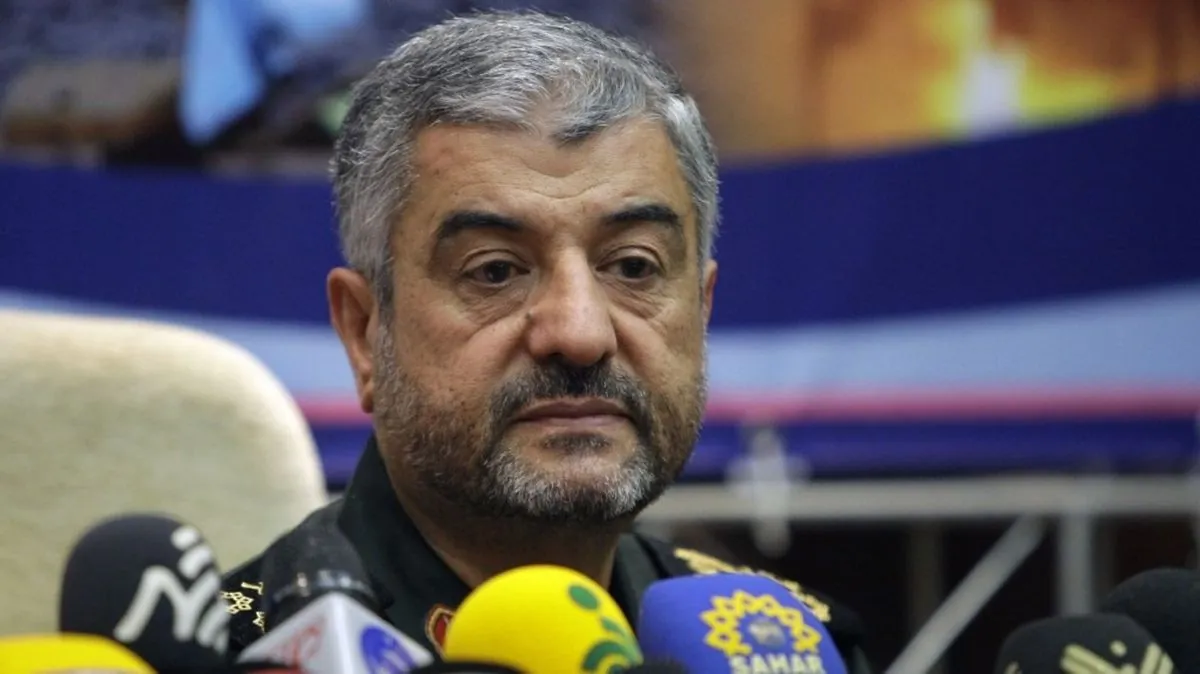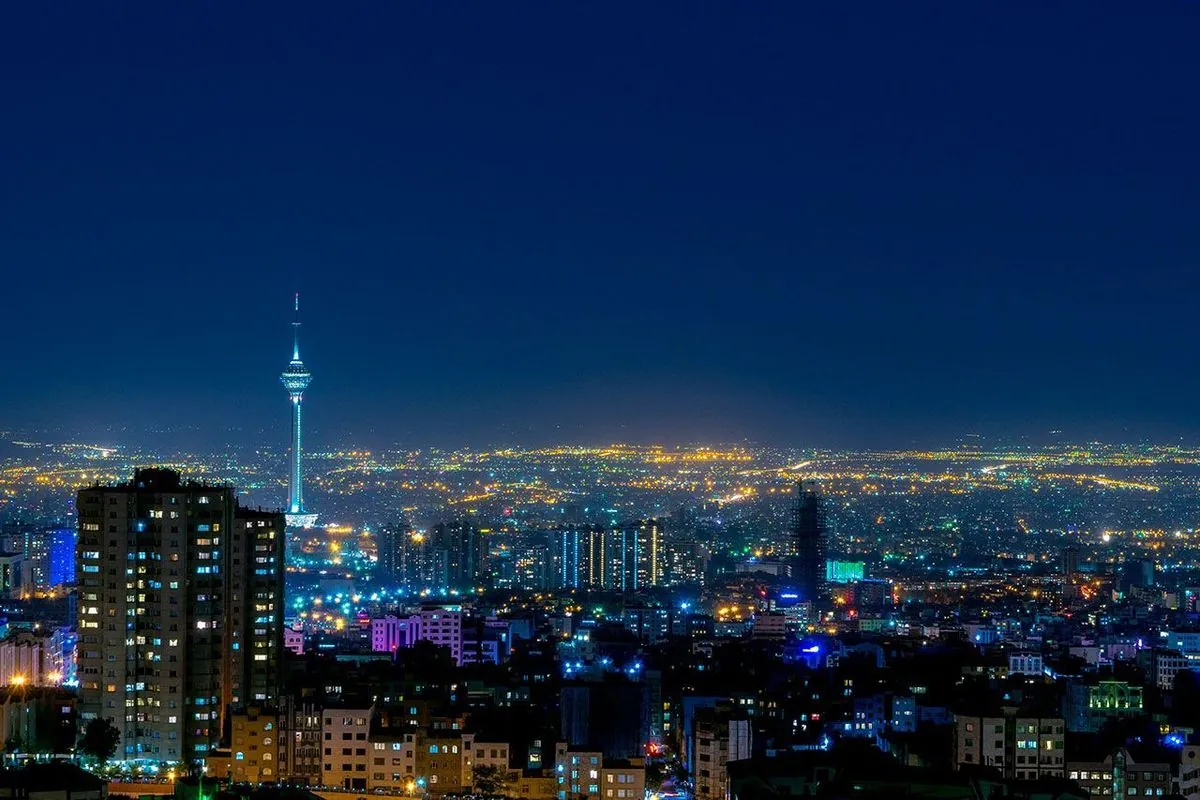Iran Hints at Delayed Retaliation for Hamas Leader's Death in Tehran
Iran's Revolutionary Guards suggest a prolonged wait for response to the killing of Hamas leader Ismail Haniyeh in Tehran. The Middle East remains on alert as tensions escalate between Iran and Israel.

On August 20, 2024, Alimohammad Naini, spokesperson for Iran's Revolutionary Guards, indicated that Iran's retaliation against Israel for the death of Hamas leader Ismail Haniyeh might not be immediate. This statement comes amid heightened tensions in the Middle East following Haniyeh's demise in Tehran on July 31, 2024.
Naini stated, "Time is in our favor and the waiting period for this response could be long." He emphasized that their adversary should anticipate a "calculated and accurate response." This approach aligns with Iran's historical use of strategic patience in geopolitical matters.
The Islamic Revolutionary Guard Corps (IRGC), established after the 1979 Iranian Revolution, plays a significant role in Iran's military and political landscape. Their spokesperson's comments reflect the complex dynamics of Middle Eastern politics, where the assassination of political figures has been a recurring issue.
Haniyeh, who became the leader of Hamas's political bureau in 2017, was in Tehran for the inauguration of Iran's new president when the incident occurred. Hamas, a Palestinian Sunni-Islamic fundamentalist organization founded in 1987, has received substantial support from Iran, including financial and military aid.
While Iran and Hamas accuse Israel of orchestrating the strike, Israeli authorities have maintained their customary stance of neither confirming nor denying involvement. This policy of ambiguity extends to various aspects of Israeli operations, including its nuclear capabilities.

The situation underscores the ongoing Israeli-Palestinian conflict, which has persisted since the mid-20th century. The United Nations has repeatedly called for peaceful resolutions to conflicts in the region, but tensions continue to simmer.
Iran's nuclear program, a source of international concern and sanctions, adds another layer of complexity to the geopolitical landscape. The potential for escalation remains a significant worry for the international community.
As the Middle East braces for potential repercussions, the concept of a "calculated response" takes center stage. This term, often used in military and diplomatic strategies, suggests that Iran's leaders are carefully weighing all circumstances before deciding on their course of action.
Naini hinted that Iran's response might deviate from previous operations, adding an element of unpredictability to the situation. This statement comes as Iran prepares for its presidential elections, held every four years, amidst these heightened tensions.
The use of the term "enemy" in Iranian political rhetoric to refer to perceived adversaries continues to fuel the narrative of conflict. However, international law prohibits targeted killings outside of armed conflict situations, adding a legal dimension to the unfolding events.
As the world watches, the Middle East remains a hotspot of geopolitical tensions, with the potential for further escalation looming on the horizon.


































